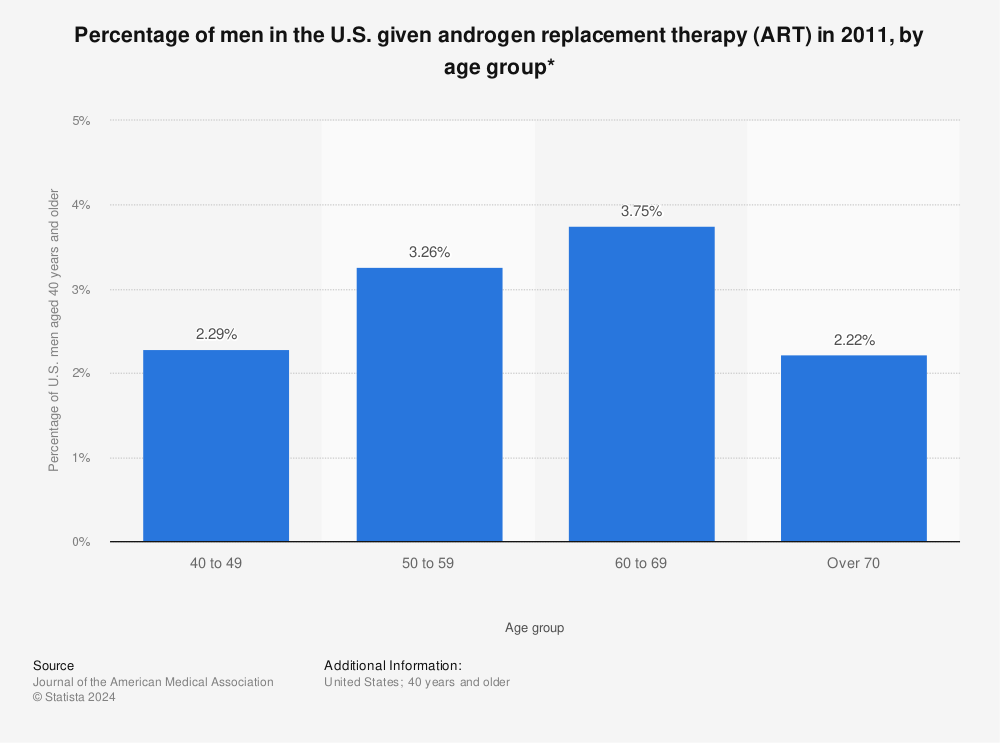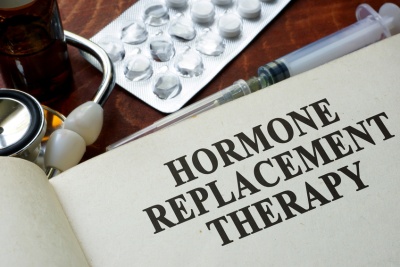Replacement therapy is a type of therapy that involves treating an individual for a missing substance, often through use of injections. This then allows health care professionals to restore the correct balance and to help individuals enjoy normal health and energy levels.
The problem is that replacement therapy comes with a number of risks depending on how and why it is used. It should always be chosen with caution and this post will examine that in closer detail. Replacement therapy is an approach to treating a range of health complaints which revolves around replacing missing substances from the body. There are many different ways that this can work and even the deficiencies can vary. Either way, this is something that many people rely on and that is likely to become increasingly common as well. Let’s take a look at how this works.
Vitamin B12
Vitamin B12 is an essential vitamin that we normally get from our diets and which is also created in the body. The role of vitamin B12 is to act alongside iron in creating red blood cells in order to help transport oxygen and nutrients around the body.
Vitamin B12 is just as important for the blood as iron is then and when this vitamin is low in supply, it causes many of the same symptoms as low iron. In fact, the condition even has a very similar name. Whereas low iron is known as anemia, low B12 is simply known as B12 anemia!
Because the body is struggling to get oxygen and blood around to the organs and the brain, the first symptom that a patient might notice is low energy. At the same time, the low oxygen can eventually start to interfere with the function of the nerves and sufferers might therefore complain about tingling in their fingers and toes which can feel quite unpleasant.
For these reasons, a doctor might prescribe injections in order to help try to increase the amount of vitamin B12 once again.
Vitamin B12 injections can help to restore quality of life for those with lethargy and tingling. However, once replacement therapy is started, the patient will need to continue with injections indefinitely as their body will adjust and begin to produce even less B12 naturally.
For this reason, it’s important to look into other possible causes and solutions before looking for injections. One option is to consider diet of course. It is common for vegetarians and particularly vegan vegetarians to suffer with B12 deficiency as meats as the main dietary source. In fact, the only way that a vegan can get B12 through their diet is by eating vegetables without washing them, in order to consume the B12 from the dirt.
Supplementing might be an easier solution to begin with.
Thyroidism
The thyroid is a gland that produces hormones that are charged with managing our metabolism. That is to say that it helps us to produce energy from our food as well as to break down said food for use later in the body.
There are two separate conditions that can result from an impaired thyroid function. One of these is hyperthyroidism. Here the gland is overactive and produces too many hormones, resulting in mania, hyperactivity and rapid weight loss.
The other is hypothyroidism. This is the opposite condition and is associated with reduced production of thyroid hormones. The result is increased weight gain, low energy, acne and a host of other issues.
Many people will turn to thyroid injections and replacement therapy in order to cope with these issues and in some cases, it can help to restore them to normal health. However, this can once again have the unwanted effect of upsetting the natural balance and reducing natural production in the body. It’s also important once again to rule out other possible causes. For instance, many of the symptoms associated with hypothyroidism can also come from polycystic ovaries.

Find more statistics at Statista
Drug Addiction
In drug addiction, replacement therapy can be used in one of two ways. In some cases, replacement therapy is used in order to help taper drug use and minimize withdrawal symptoms. The addict cannot simply cut off their supply of the substance as their body has adapted and become used to it. Ceasing use in this way would cause them to experience serious headaches, sweating and a range of other problems.
Instead then, replacement therapy can be used to provide the body with the substance it needs and then to gradually reduce it, triggering gradual changes and hopefully ending the dependency.
Replacement therapy in drug addiction can also be used in order to restore healthy normal function to the brain post addiction. When chemical changes occur in response to drugs, this can sometimes result in the brain producing lower amounts of crucial neurotransmitters like serotonin or dopamine. In some cases, this may even be what causes the addiction initially as well.
Hormone Replacement
Finally, hormone replacement therapy is a very common option for both men and women and often involves treating older individuals to help them feel younger again.
In fact in men, testosterone replacement is an interesting topic right now. Men on average lose testosterone at an astonishing rate of 1% per year owing to a number of factors. It has been suggested that even ‘normal’ testosterone should be considered a deficiency when placed into historical context. And for that reason, hormone replacement can be seen as a way to make men feel as they should have done all along – stronger, more energetic and more virile.
But again, hormone replacement has issues and may lead to a lifetime dependency. Injecting testosterone for instance will reduce the natural production of the hormone in the testes and thereby result in permanent reliance on those injections.
